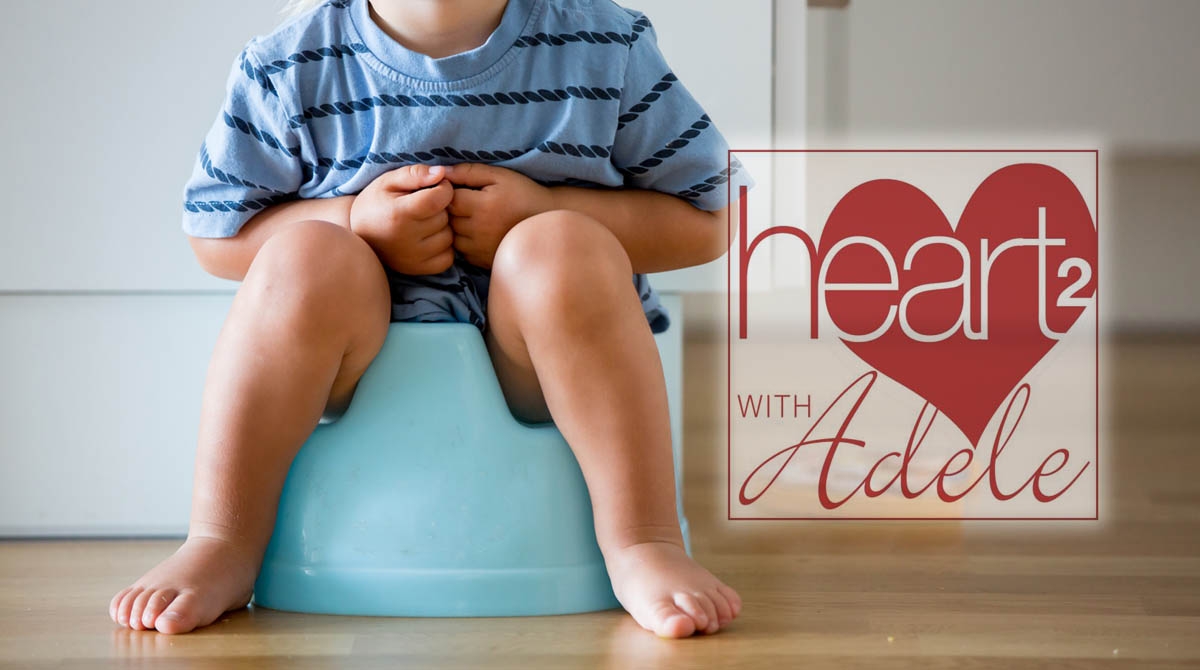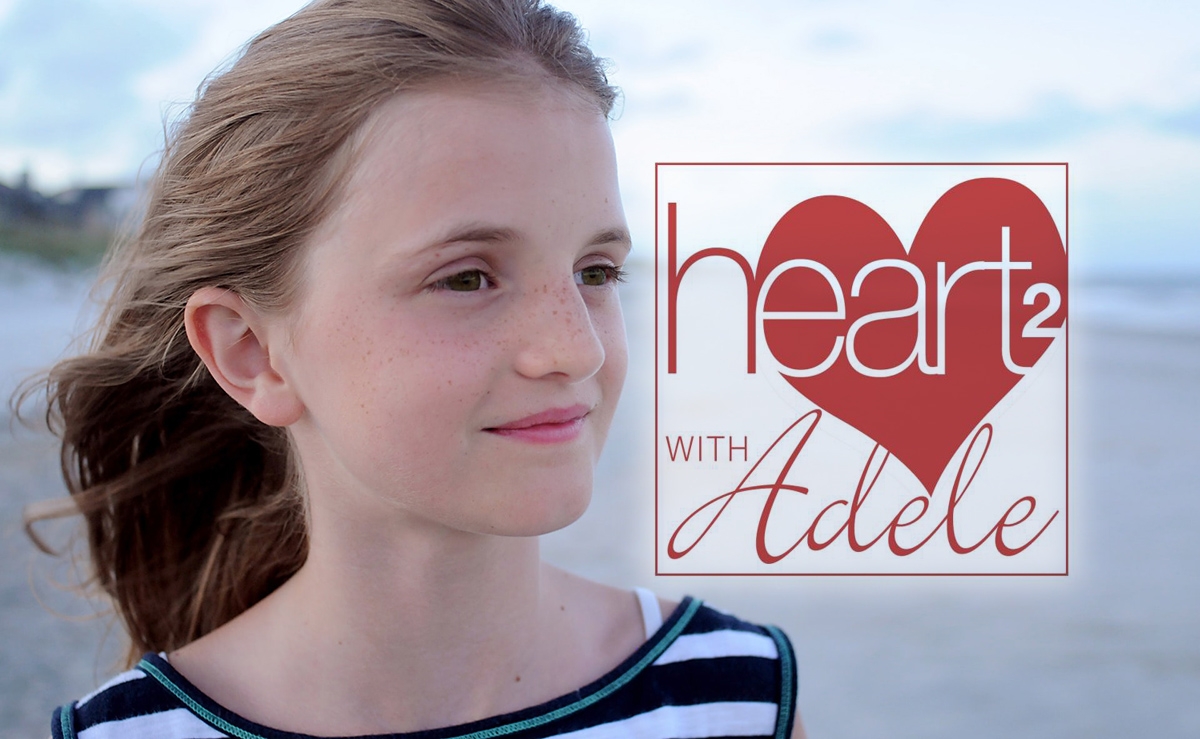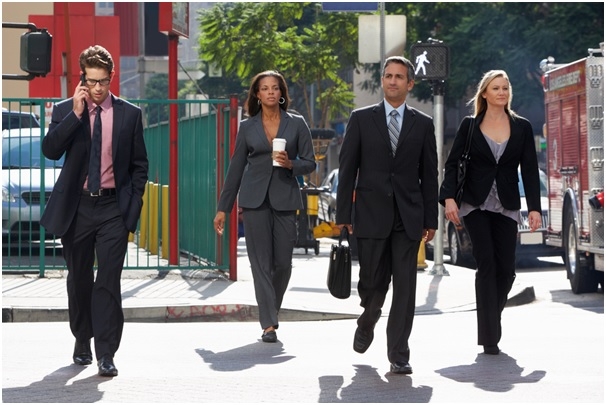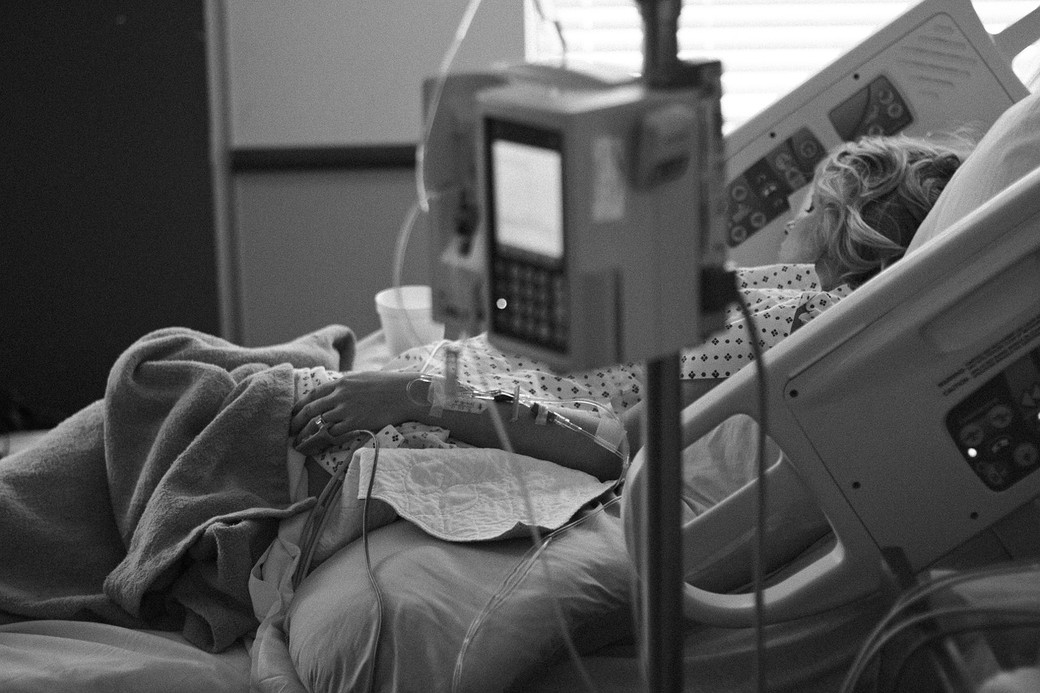
Knowing when your child is ready for potty training
QUESTION
Dear Adele,
My daughter is 21 months of age. I’m getting pressure from grandparents, friends, and daycare workers to start the potty-training process. I hear such conflictual information; I don’t know which way to turn. One family tells me their child was trained at 18 months. Another tells me they started too late, and the child did not train until almost four years of age. Yet another tells me I can do it in three days! What is your experience with this parental challenge?
Overwhelmed with Advice
ANSWER
Dear Overwhelmed with Advice,
I worked in the adoption field for over 30 years and met a lot of wonderful parents with adorable young children. I came to see very clearly that there is pressure on young parents to have their children meet every single milestone according to the books, or do it better, younger and faster! Young mothers were quick to brag that their child took his first step at 10 months, two weeks, and three days as if to announce his physical prowess was such, he would make an Olympic team in some related sport. Others wanted to tell everyone that their child had 18 words and two complete sentences by the age of 12 months as if that would guarantee his entrance into the Ottawa University Law School. And so too, it was, with stories about the potty training and how successful different methodologies were, and how toddlers could be called potty trained at very young ages.
The truth of it all is that every child develops in a unique way, at a unique pace. Whether a child is ready for potty training depends on his “physical, developmental and behavioral maturity” according to the Mayo Clinic article ‘Potty-Training: How to get the job done’. Some children may be ready at 18 months, others at 24 months, and still more not until three years of age. It might help you to hear that in 31 years of teaching elementary school, I only heard of one child who was not completely daytime potty trained in 5-year-old kindergarten. Most children are regularly trained at nighttime between the ages of five and seven.
May I suggest you not yield to the pressure of others in your circle but follow your own instincts. You will have a decent sense of your own child’s readiness and should follow the techniques that you feel most comfortable and positive about.
If you’re wondering if your child is ready to begin potty training, ask yourself some of the following questions. If the answer is yes to most of them, your little one might be ready to start!
- Can your child walk and willingly sit on her own potty?
- Is your girl able to pull her clothing up and down by herself?
- Is your daughter’s vocabulary large enough to follow directions?
- Is your offspring physically dry for more than two hours at a time?
- Does your little one show signs that she has to go, in some way?
- Does your toddler show an eagerness to wear big kids’ underwear and pack in the diapers?
In “Common Mistakes of Potty Training’, Stephanie Brown suggests you not force the issue. She says it is very normal for children between 18 months to a few years of age more to be ready. It is wise not to set deadlines and to not start this process during any stressful period, such as the death of someone close to the child, a divorce, or the adding of a new sibling to the family. Brown suggests that you don’t make accidents a big deal but expect them to happen. A supportive, positive attitude is best. The author says to wait until your child is developmentally ready and interested. If the youngster refuses to be cooperative, she thinks it’s best to back off and try at a later time.
Three popular books for children going through the potty-training phase include ‘P is for Potty,’ Sesame Street book by Naomi Kleinberg, Potty Time by Scarlett Wing, and Dino Potty from Rainstorm Publishing.
In conclusion, I suggest you try not to feel judged by others. Most kids develop the skills of which we are speaking in a reasonable timeframe. Being the first or the soonest is not what is important. Keep it relaxed, positive, flexible, and at your child’s comfort rate, and all should be well. In exceptional circumstances, consultation with your health care provider may be of assistance in alleviating your concerns or determining some medical reason for delayed ability to potty train.
Best to you, Overwhelmed with Advice.
Sincerely, Adele
I'm looking forward to your questions! Email me at maryadeleblair@gmail.com and please put Heart to Heart in the subject line. Note that all columns will remain anonymous.
Photo: iSTock









